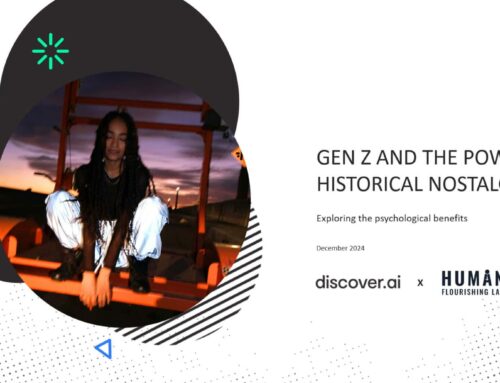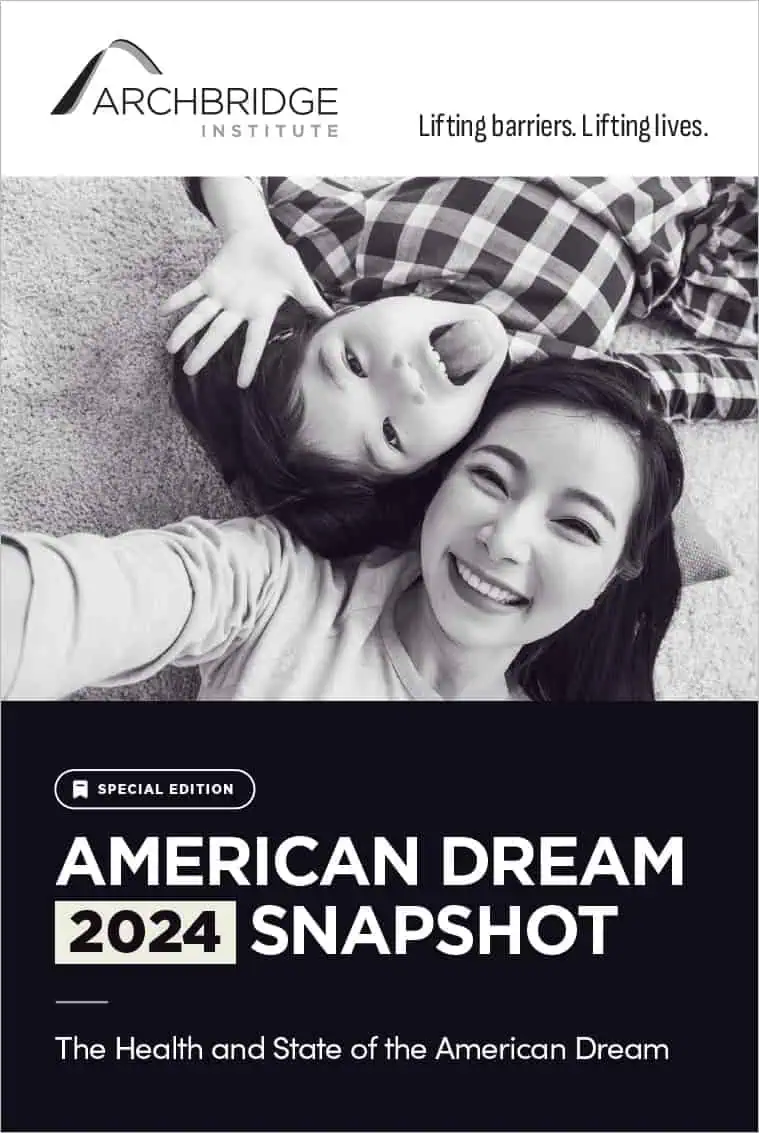
Key Findings
- Most Americans (61%) agree that most of their fellow Americans can be trusted. This includes 63% of men and 58% of women.
- There are no differences in social trust between political groups. Around 60% of liberals, moderates, and conservatives agree that most Americans can be trusted.
- Social trust increases with age with 70% of adults 60 and over but only 48% of adults under 30 agreeing that most Americans can be trusted.
- Social trust differs across racial/ ethnic groups. The majority of White (67%), Asian (61%), and Hispanic (52%) Americans but only a minority of Black (44%) Americans agree that most Americans can be trusted.
- There are no differences in social trust across regions of the country. Around 60% of Americans living in the Northeast, Midwest, South, and West agree that most Americans can be trusted.
- The majority of Americans across income groups agree that most Americans can be trusted, but social trust increases with household income.
- The majority of Americans with different levels of formal education who have at least a high school degree or equivalent agree that most American can be trusted, but social trust increases with level of formal education.
- National pride is positively associated with social trust; 66% of Americans who are proud of their national identity agree that most Americans can be trusted compared to 46% of Americans who are not proud of their national identity.
- National pride is positively associated with social trust for both men and women, across political groups, age groups, most racial/ethnic groups, regions of the country, and income groups. National pride is also positively associated with social trust at different levels of formal education for Americans who have at least a high school-level education or equivalent.
- National pride is a stronger predictor of social trust than other variables (age, income, level of education, race/ ethnicity, gender, and optimism about the future of the US) associated with social trust.
Clay Routledge, PhD, is the Vice President of Research and Director of the Human Flourishing Lab at the Archbridge Institute. As a leading expert in existential psychology, his work focuses on helping people reach their full potential and build meaningful lives. Follow his work @clayroutledge and subscribe to his newsletter, Flourishing Fridays.





